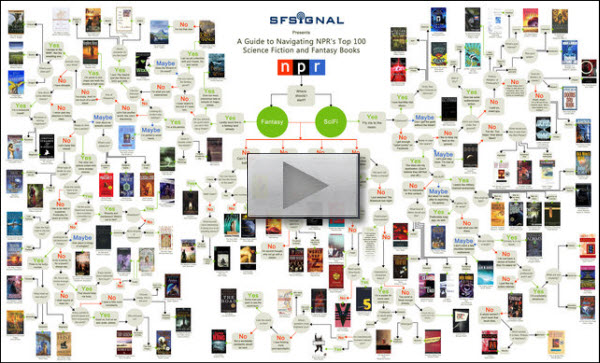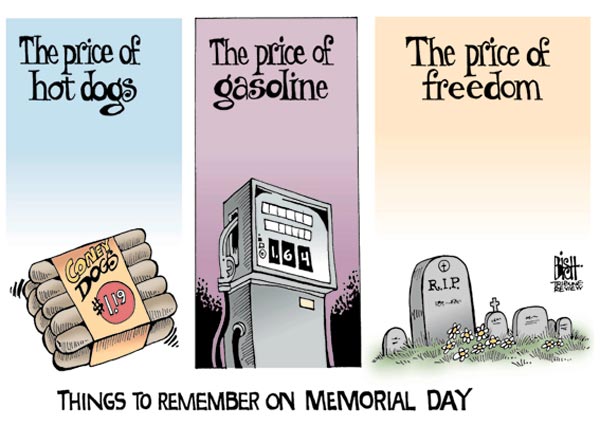 Image via CrunchBase
Image via CrunchBase
When you interview someone for a job, what are you trying to find out?
I've seen and used models that assess how someone likely will fit the Culture, and whether they are Organized, Competent, and Motivated?
Seth Godin often has an interesting perspective on business. Here is what he shared about this topic.
What good interview questions are actually trying to discover.
- How long are you willing to keep pushing on a good project until you give up?
- How hard is it to get you to change your mind when you're wrong?
- How much do you learn from failing?
- How long does it take you to learn something new?
- How hard is it for you to let someone else take the lead?
- How much do you care?
The rest is merely commentary, either that or they're interviewing someone for a job that's not as good as they deserve. For those jobs, the only question they're really focusing on is, "will they fit in around here?"
If you like that, you might like this too.
What Matters Now – eBook from Seth Godin
The book highlights more than seventy big thinkers, each sharing an idea for you to think about. From bestselling author Elizabeth Gilbert to brilliant tech thinker Kevin Kelly, from publisher Tim O'Reilly to radio host Dave Ramsey, there are some important people riffing about important ideas here.
Download it here.








